One of the most frequently asked questions we get here at HiP Paris is how to follow your dreams and successfully move to Paris. To help guide you through this often challenging and always unique process, we’re starting a new series on the blog called Living French.
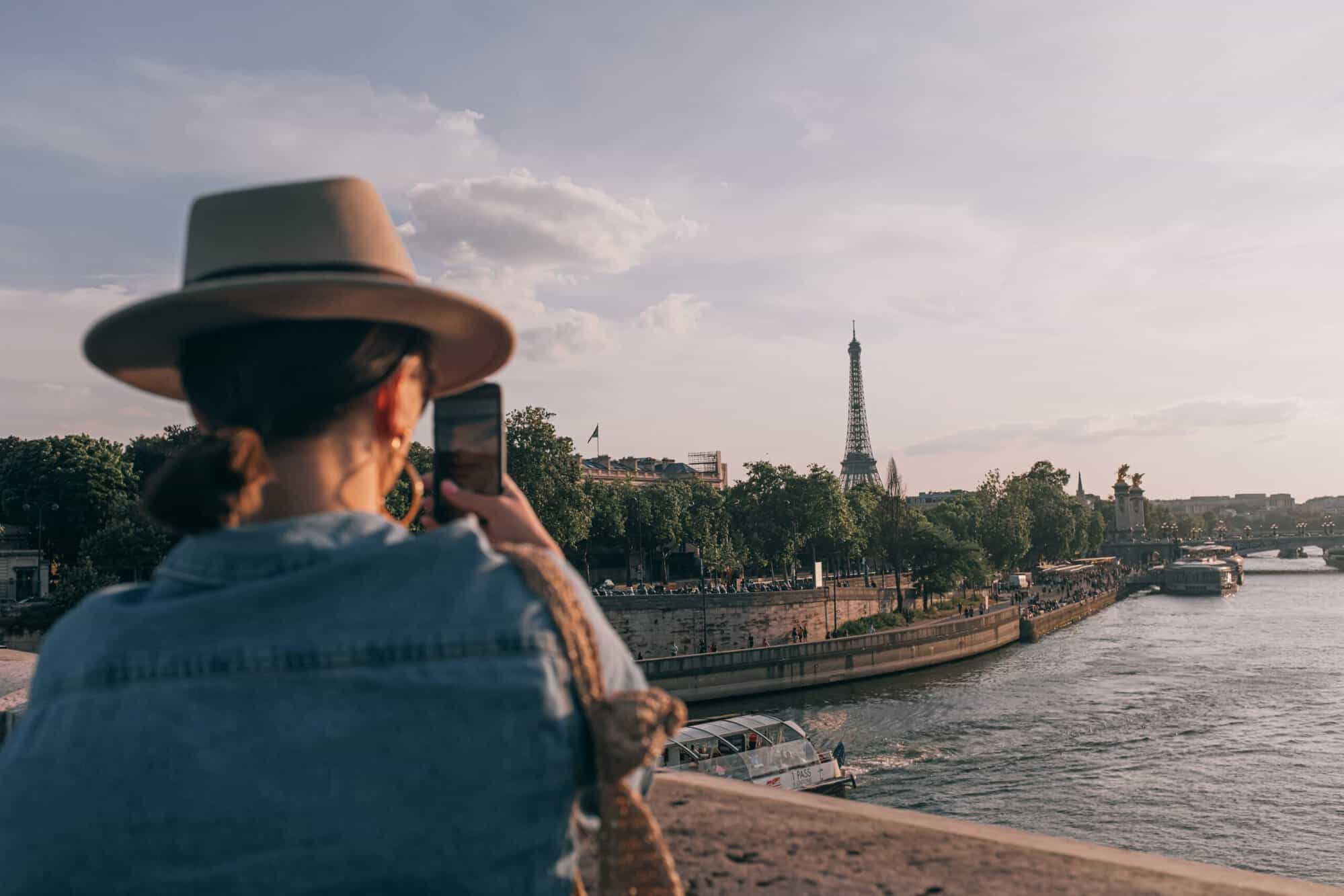
Above: Daria Shevtsova
To launch the series, I recently sat down (virtually) with Paris-based author and journalist Pamela Druckerman. Originally from the States, Pamela has travelled the world throughout her career as a journalist, but ultimately decided to settle down in Paris where she’s written several books about French culture. We discussed her recently released children’s rhyming book “Paris by Phone,” what initially brought her to Paris, and how she eventually became a French citizen.
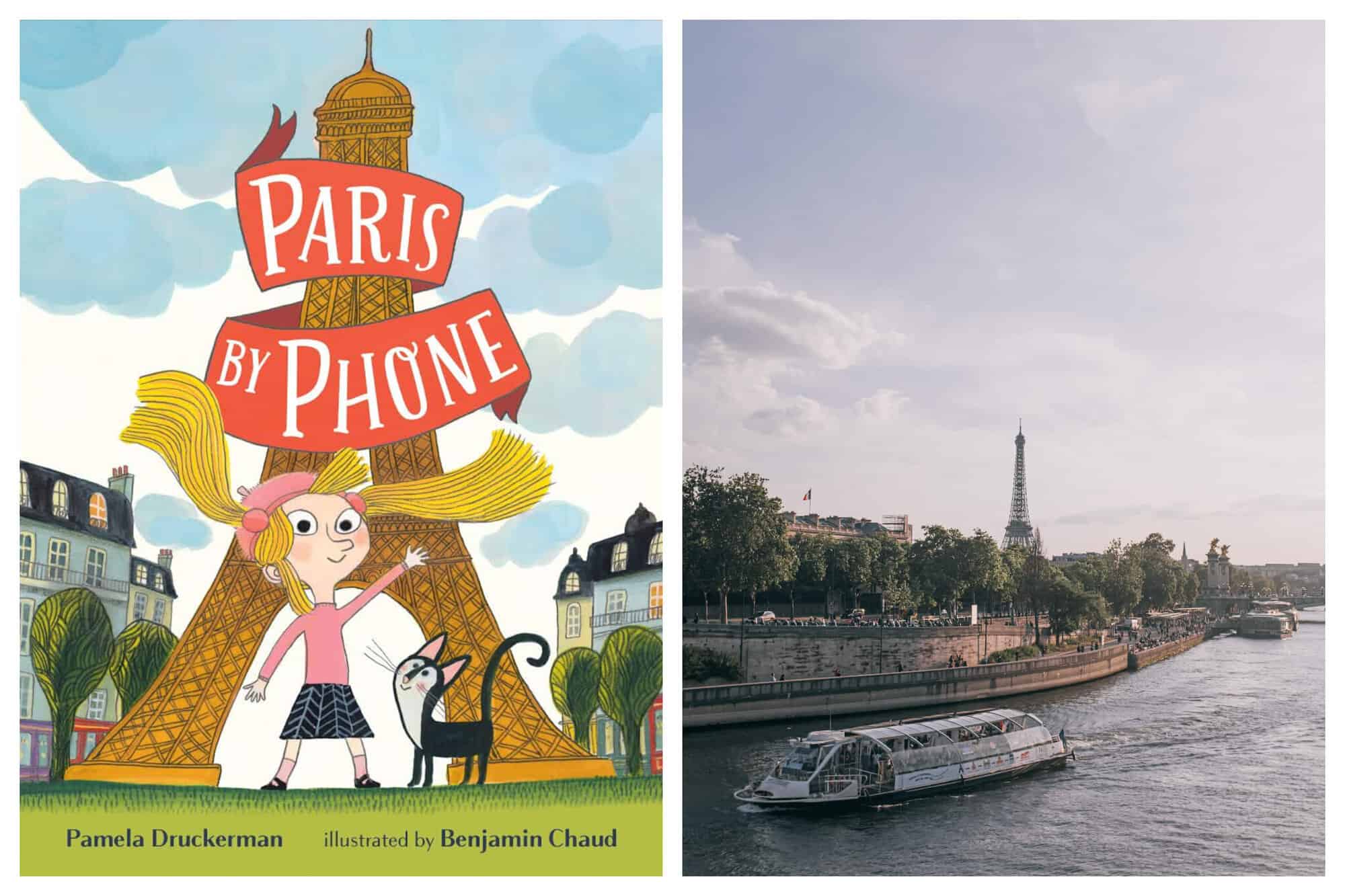
You’re from the States originally, but you’ve travelled the world through your reporting for the Wall Street Journal. Can you tell me a bit about where you grew up and what brought you to Paris?
I grew up in Miami, which as you probably know, is an immigrant city. So even though I was born to American parents in America, almost everyone around me spoke Spanish and came from Cuba, Colombia, Venezuela, or Brazil. Because of that, I was always fascinated by the world. I wanted to travel, learn languages, and visit foreign countries, but I never did that when I was a kid.
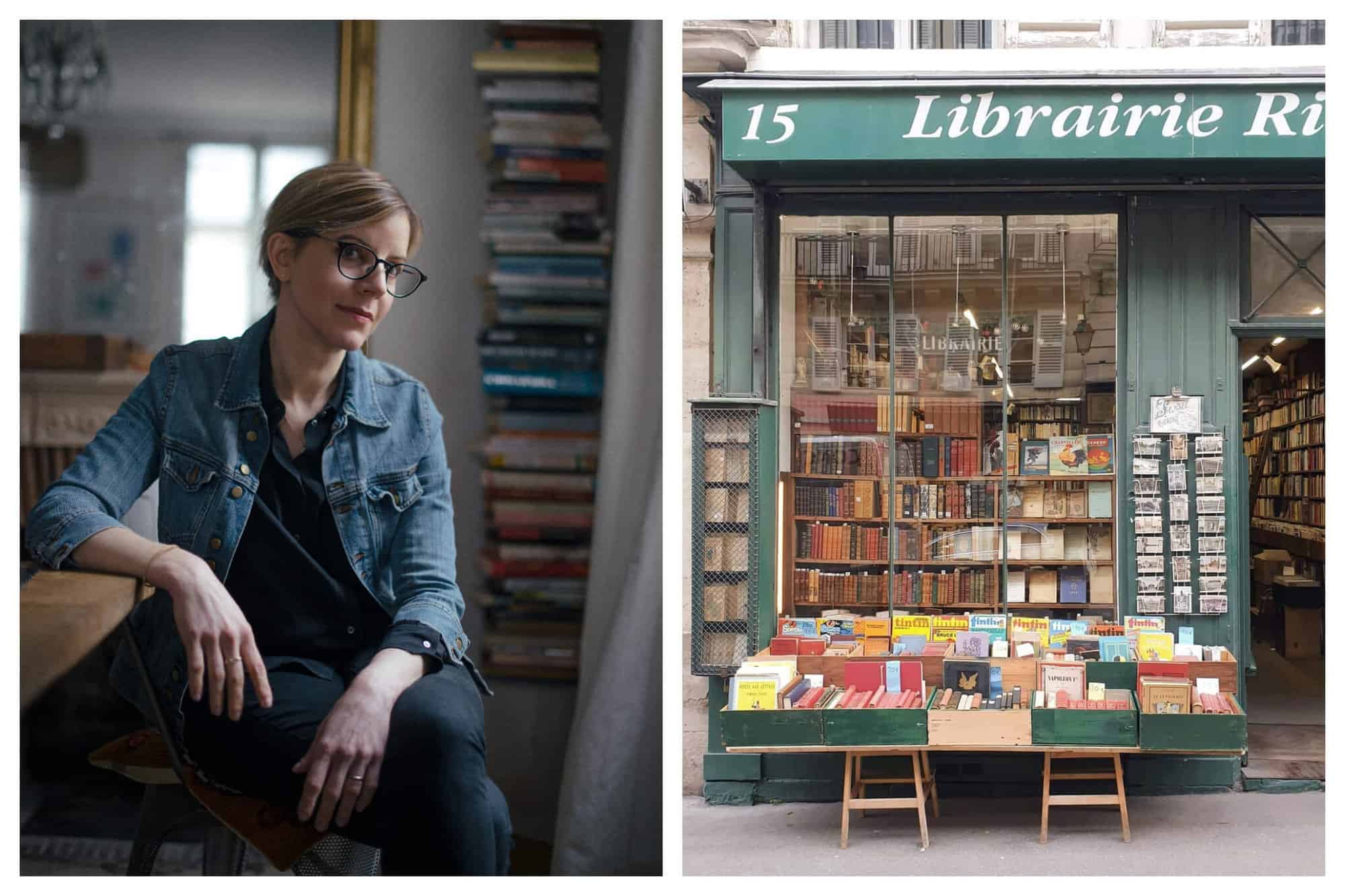
I eventually learned Spanish, became a journalist, covered Latin America, lived in South America, and studied in Mexico. My whole world was in Latin America. While living in Argentina, I fell in love with British guy who lived in Paris and moved to Paris to be with him. I wasn’t a person who loved Paris or dreamed of living here. It wasn’t love at first sight. I came here in the winter in 2004, I didn’t speak any French, and so I kind of hated it at the beginning. But I learned French, and to my surprise, became fascinated by French culture and the French way of managing daily life. Now I’ve had three kids who were all born here, I have a French passport, and I really do love living here.
What are some of the cultural differences between life in the U.S., Latin America, and France?
Everything here is so old and established. I grew up in a city that wasn’t even 100 years old at the time. In Miami, the new is what’s good—you want to live in a new building. In Paris everyone wants to live in a 200-year-old building. It took me a while to get used to the aesthetic and values of Paris. In the U.S. or Latin America everybody tells you their whole life story within the first five minutes of meeting. And then I got to France where the mottos are “live hidden, live happy,” and “not all truths should be told.” Here, it’s about discretion and having this secret garden of pleasures. That was a culture shock for me, but a good one.
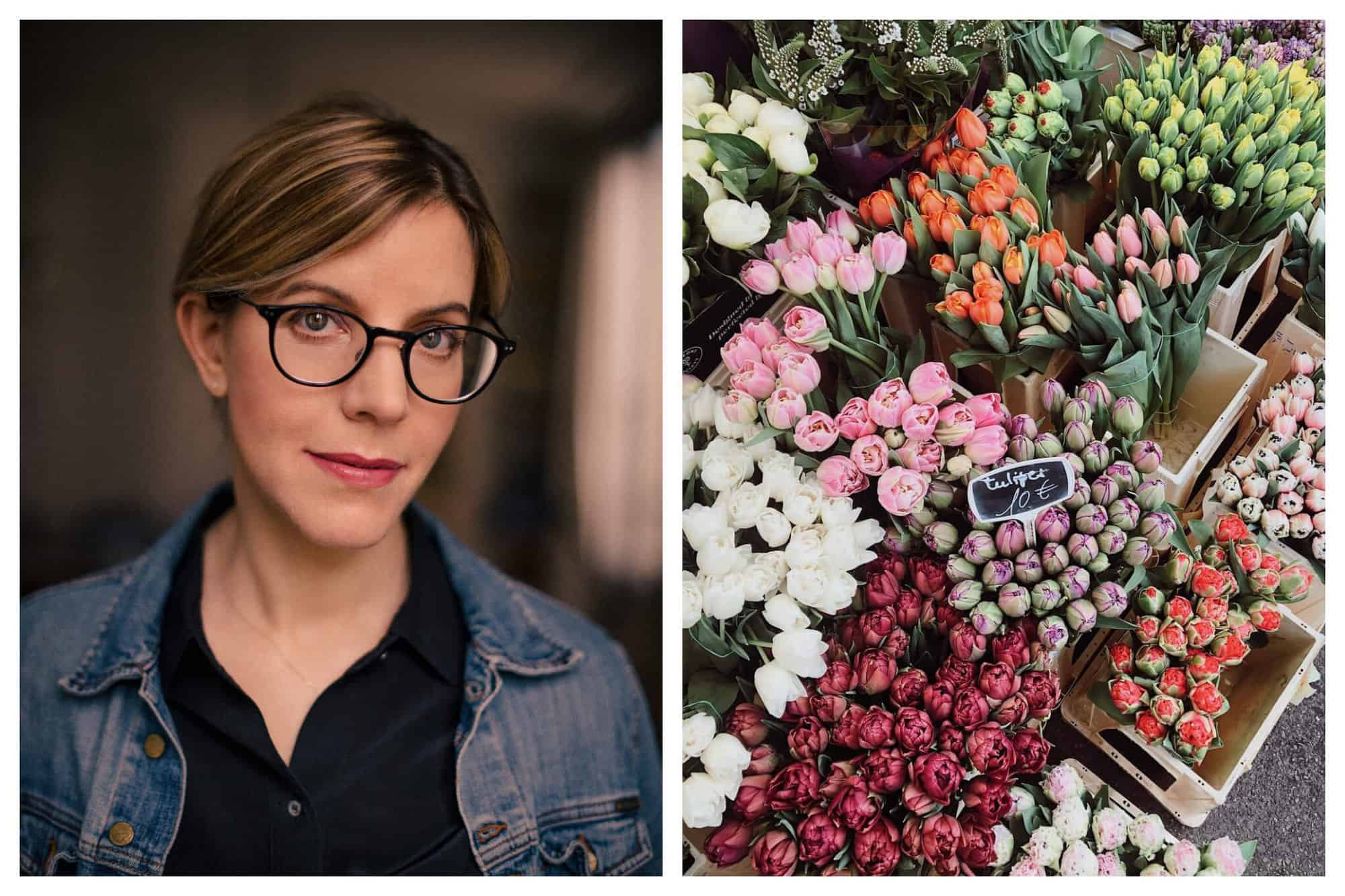
There was also the political. I thought I was on the left in America, and then I saw what the left really could be. Coming to France I discovered the health and childcare systems, and the layers of government support for ordinary people and families that I had never even dreamed were possible. There was even healthcare for undocumented immigrants. That level of belief in our shared humanity is refreshing and constructive.
What was your inspiration behind writing “Paris by Phone”?
I was very much inspired by the idea of Paris as the perfect place. Not only for Americans, but for the people all over the world who dream of Paris. One of my inspirations for the book was a Russian movie that I saw ages ago. It takes place in Soviet Russia and shows people who live in this dismal communal apartment in St. Petersburg, and they find a window behind a cupboard that leads to Paris. And it’s this perfect place that’s just sparkling and delicious. I think that’s what Paris is like for a lot of Americans. Because for us, it’s really far away. It’s a place you dream of visiting once in your life where you go on your honeymoon, or you study abroad, but you can never go back.

How did your writing process for a rhyming children’s book differ from your other books like “Bringing up Bébé”?
Well, none of my other books rhyme for starters. So that was a really fun challenge. It was using a different part of my brain and it was more whimsical. I wanted the book to be light, playful, and accessible to kids. It has a bunch of French words and phrases in it too. I was thinking that just like I grew up with Spanish around me, and even though I wasn’t fluent growing up, I was familiar with basic Spanish words and phrases. I wanted to write something that encouraged French learning among English-speaking kids.

How did you become a French citizen?
To qualify, you just have to pay taxes here for a certain number of years. But then you go through the application process, and that is a journey of its own. It ends with an interview with a bureaucrat at the Préfecture who may ask you anything from historical information, to the last book you read in French, to proof of your social integration, which can be anything from having a library card to being on the Parent Teacher Association equivalent in France, both of which I did.
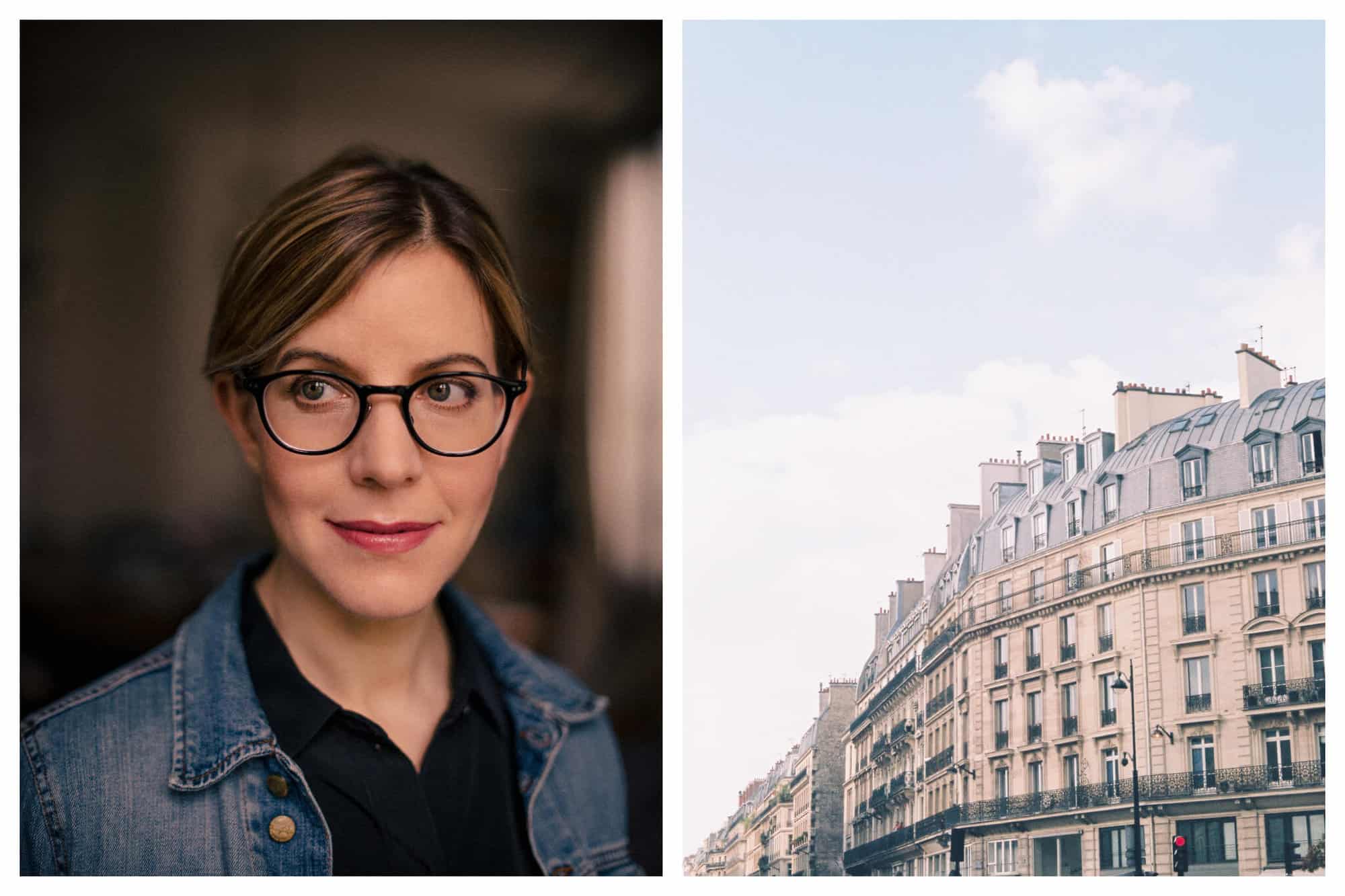
And then there’s a long period where you hear nothing. I was told, “If you haven’t heard anything in nine months, call us back”—the ultimate statement of French bureaucracy. Then miraculously, you get a letter in the mail saying, “You have been French since ___” and the date is two months earlier, and you think, “I’ve been French for two months. I had no idea. Shouldn’t I have felt it?”
What are your hopes and goals for the future?
I find France endlessly interesting and different in weird and surprising ways. I’m grateful to be in a place that is such a mirror image of America in many ways. And where the contrasts are endlessly interesting. I hope to keep finding cultural differences, writing about them, and hopefully, shed some light on both places.
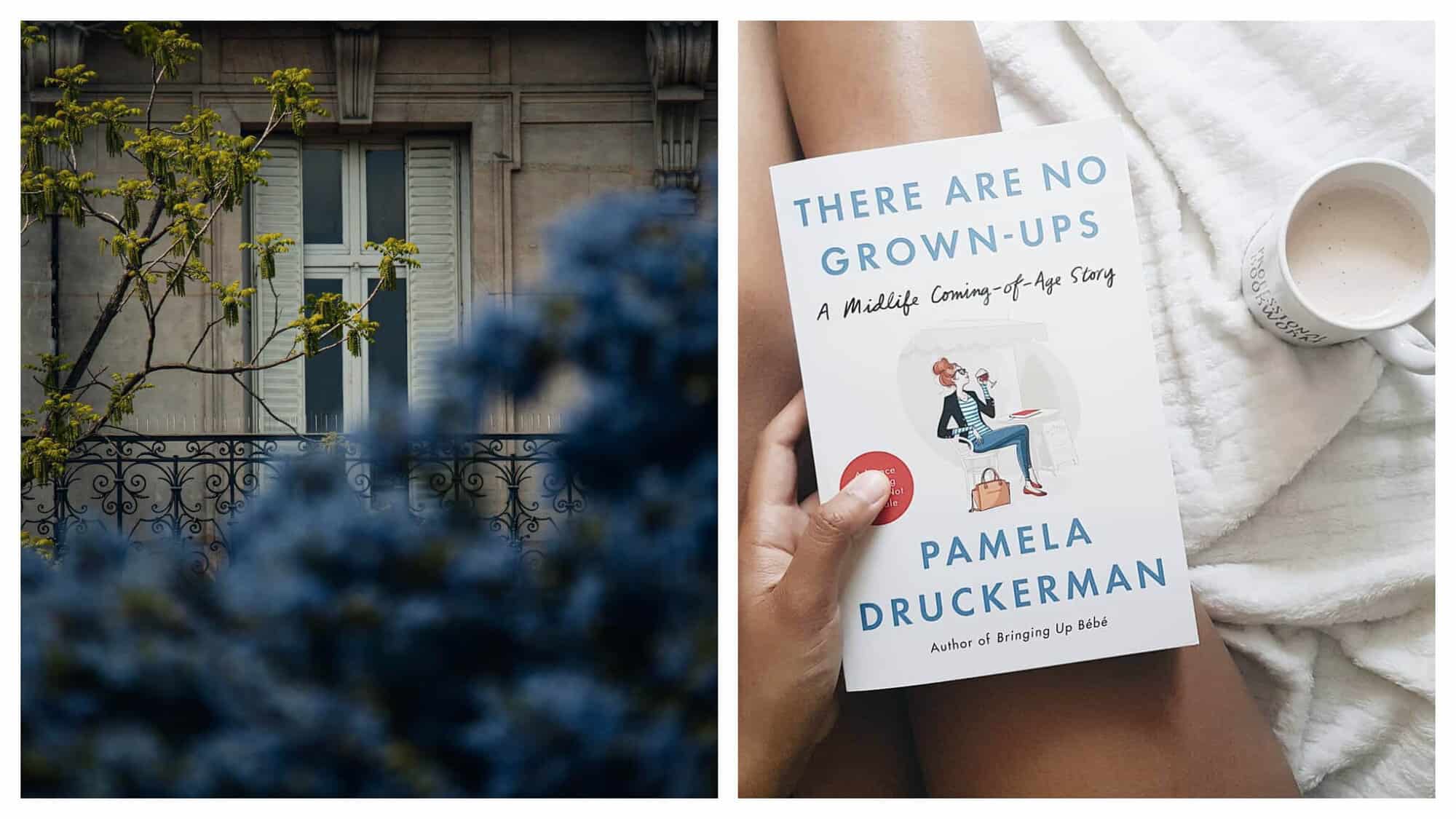
Related Links
- Read about another American expat in Paris and her new neighborhood!
- Pamela breaks down her COVID epiphany for The Economist.
- Karen Reb Rudel takes us through her perfect day in Paris.
Written by Jessica Johnston for HiP Paris. Looking to travel? Check out Haven In for a fabulous vacation rental in Paris, France or Italy. Looking to rent long-term or buy in France or Italy? Ask us! We can connect you to our trusted providers for amazing service and rates or click here. Looking to bring France home to you or to learn online or in person (when possible)? Check out new marketplace shop and experiences.














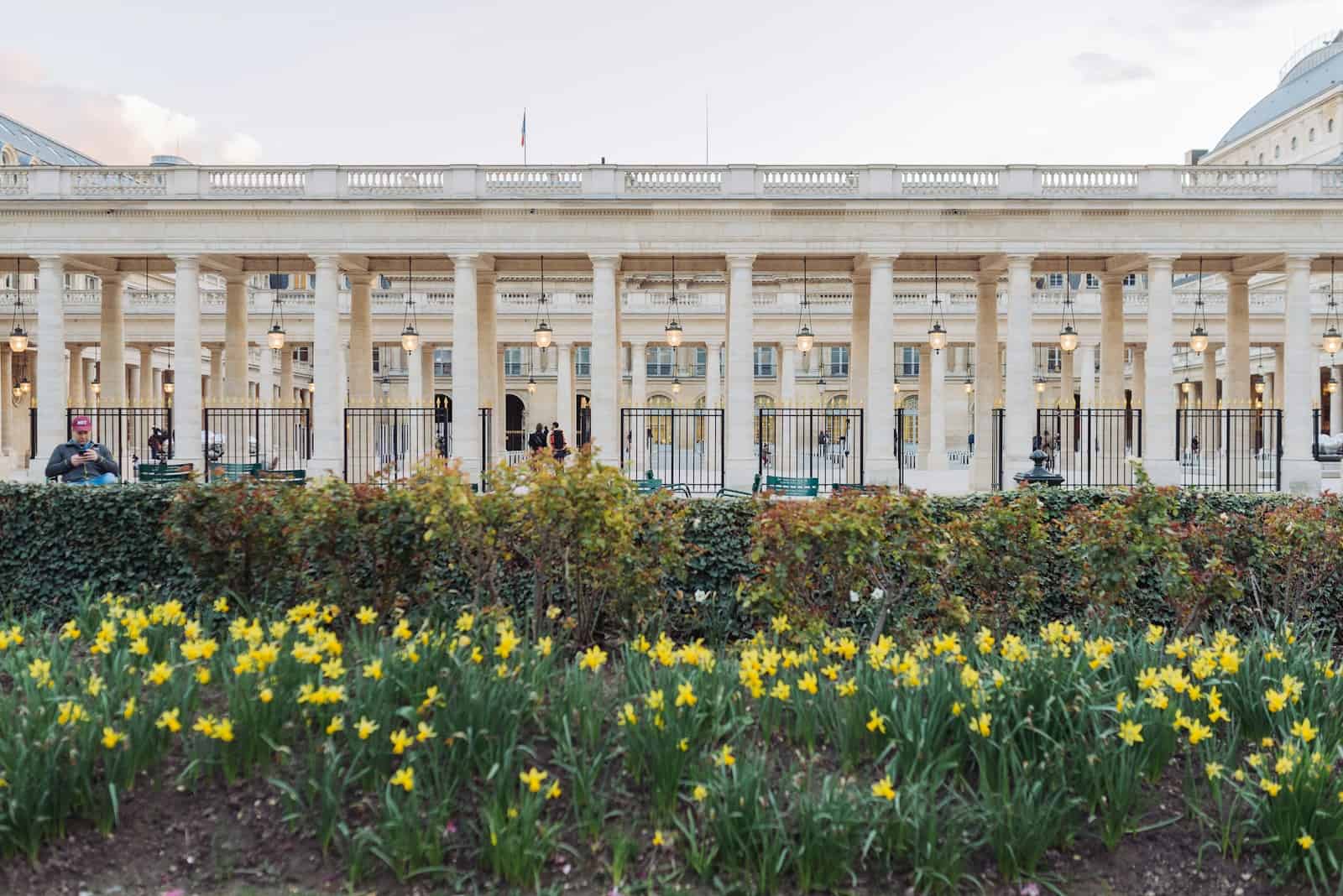
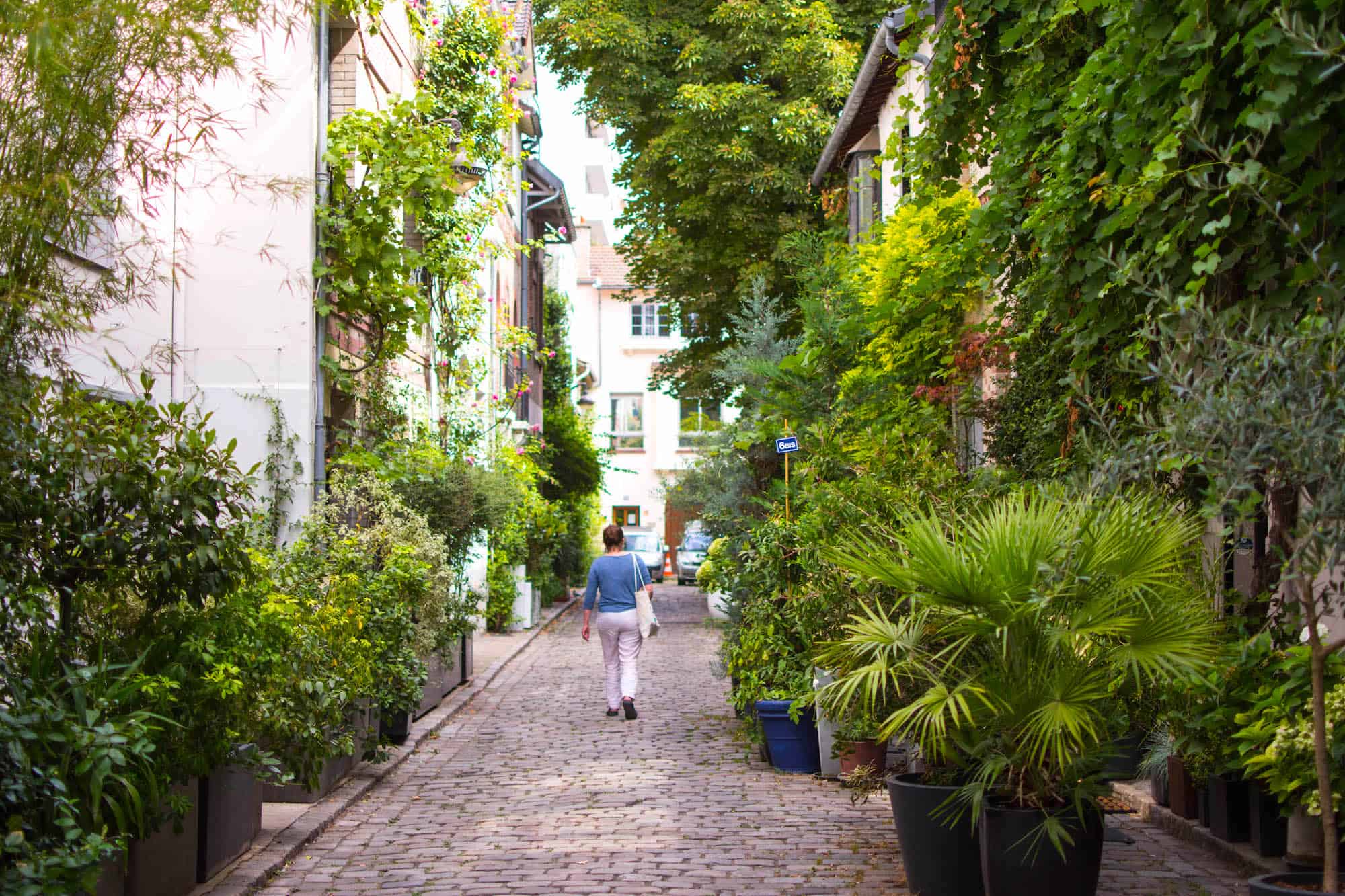





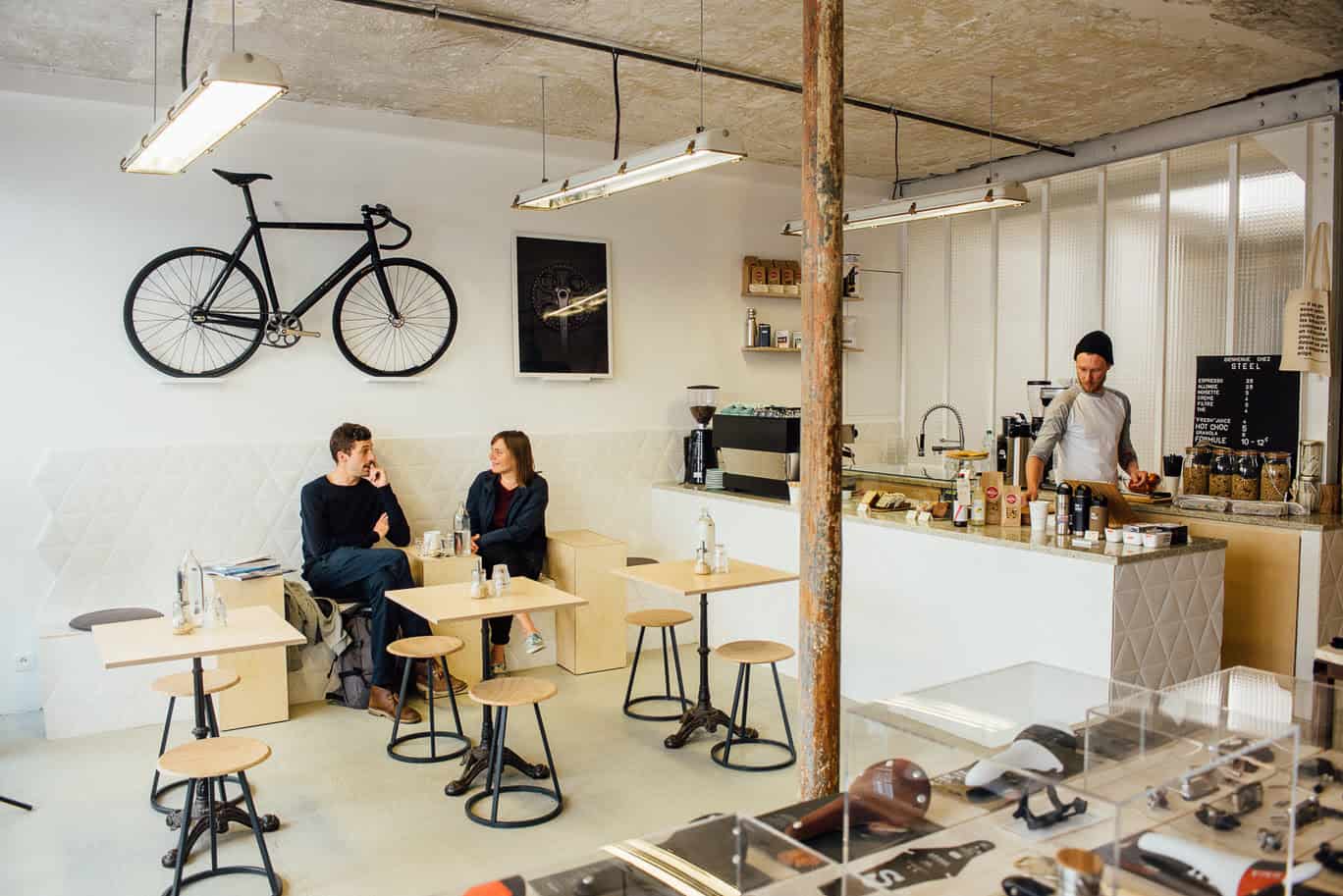

Pamela needs more photos of herself – 4 probably isn’t enough.
In a couple of days, I’m turning 65. I’m also considering retiring from an interesting, but highly stressful job. My partner is a few years younger and still has several years to go until official retirement. My dream would be for us to move to Paris. I speak French fluently, and my partner gets along quite well in the language, which would greatly help with the transition. Unfortunately, for a number of reasons, such a move probably won’t happen, but I love reading about people who have done it.